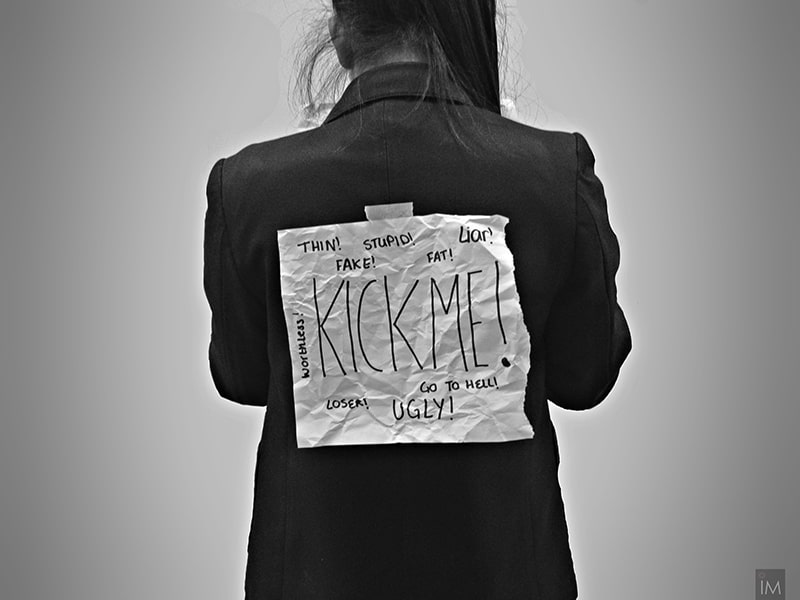Effects of Bullying On Mental Health
Relatively recent understanding of the catastrophic effects that bullying can have / actually has on children and teens for years on end, generations even, is starting to surface. Serious psychological and professional studies were conducted in recent years have surfaced how bullying can lead to anxiety, depression, persistent low self-esteem and a handful of other relevant mental issues for victims and even bystanders who witness the entailing aggression.
Defining Bullying
Several traits define bullying as unwanted and prolonged episodes of violence between youths, as opposed to one-time or isolated incidents.
- It can be physical and/or emotional.
- Can be performed by one person or a group.
- Physical intimidation or harm: hitting, abusing, shoving, tripping, or pushing, even spitting on a victim.
- Threats: to make the victim do something s/he doesn’t want to do, physical integrity, property destruction, etc.
- Targeted social exclusion by making fun, teasing, gossiping with the intent to hurt or discredit, name calling and/or insulting the victim.
- Rumor spreading or right out lies to harm the victim.
- Taunting
- Inappropriate remarks
- Purposefully embarrassing someone in front of others
- Taking, stealing or harming/breaking another person’s property
Cyber Bullying
Niggling, often stealthy, form of modern bullying which happens publicly, privately and/or anonymously online, electronically, mainly via texting or gaming or on apps, forums and similar platforms. Traditional bullying is commonplace, affecting almost 1 in 5 high school students, while cyberbullying is closer to the 1 in 6 high school student mark. For teens, the Pew Research Center goes even further: 59% of US teens report having been bullied or harassed online at least once.
Bullying in the Workplace
Recent studies state that up to 70 million Americans have experienced bullying in their place of work. A fresh, 2021 report affirms that 30% of workers have had direct experience with bullying.
Damage to Mental Health
With death being at the extreme of the dire effects of bullying, stopbullying.gov has reported that in 12 out of 15 fatal school shootings in the motherland, the perpetrators had been bullied.
Most common effects on victims include:
- Depression
- Anxiety, social and otherwise
- Low or compromised self esteem
- Loneliness
- Fighting back blindly, often with extreme violence
- Poor grades or overall school performance
- Sleep disorders
- Suicide attempts / Suicide
- Emotional trauma and frailty
- Other health issues
The effects on bullies themselves are also dire:
- Anti-social, violent behaviors, such as fighting and property destruction
- Problems at school, all the way up to dropping out
- Alcohol and substance abuse
- If the pattern continues into adulthood, parent, child and spousal abuse
- Criminal behavior
Finally, it’s important to note that the most serious harmful effects always go to bully-victims, that is, those who both bully and are a victim of it. Victims or bullies alone will also suffer, but to a lesser reported degree.
Sources:
https://bestdaypsych.com/the-effects-of-bullying-on-mental-health/
https://www.stopbullying.gov/blog/2019/10/25/effects-bullying-mental-health
https://psychcentral.com/lib/bullying-and-mental-health-effects


